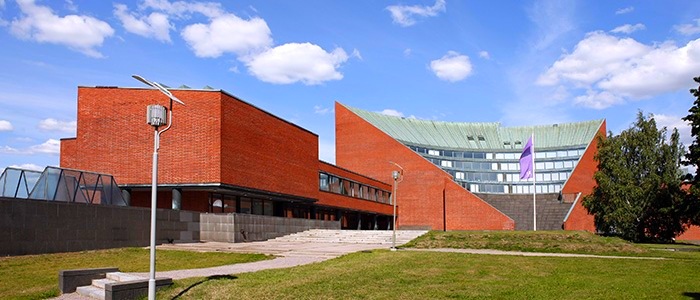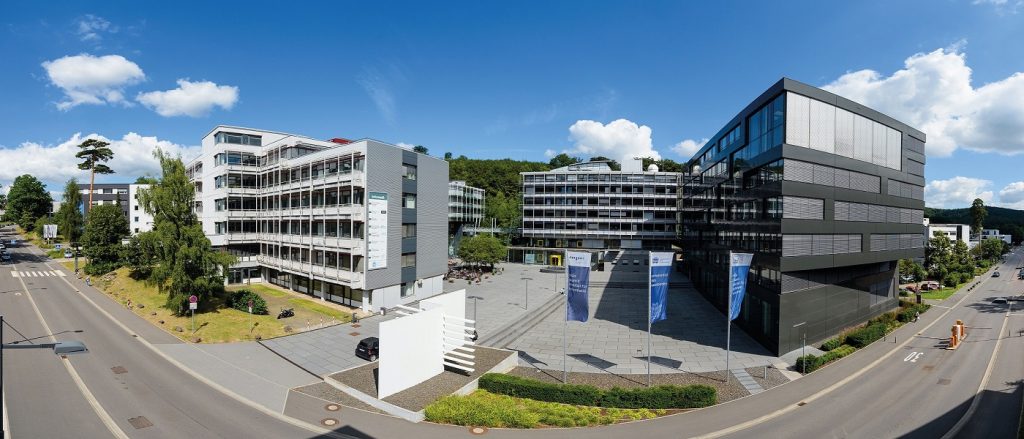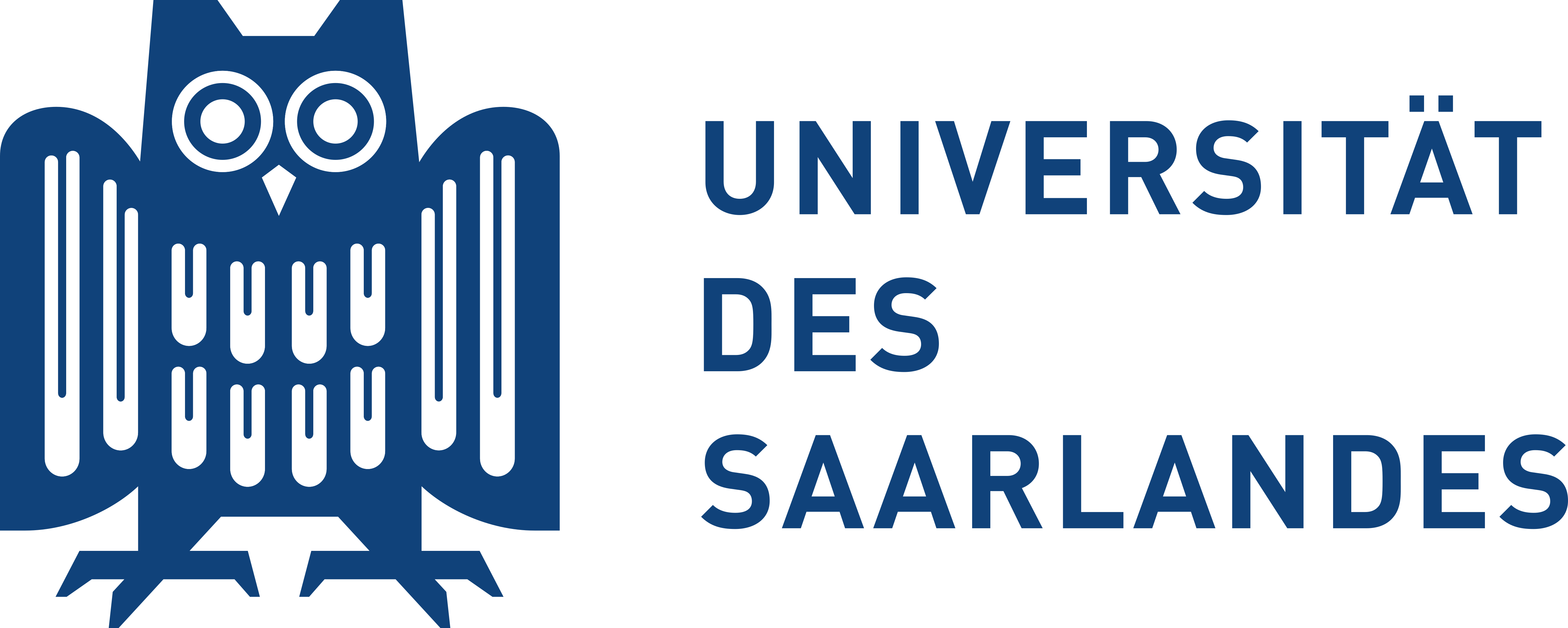Themes
As we enter the post-PC era, new technologies emerge and they bring along new challenges that the traditional user-centered design approach is not well equipped to meet. For example, artificial intelligence, wearable computing, augmented and virtual reality, and custom interactive devices enabled by emerging digital fabrication technologies pose increasingly substantial challenges for interaction design. As interfaces become more sophisticated, an exponentially expanding set of design decisions need to be made. Manual approaches can only explore a tiny fraction of the design space.
The scope of problems that can now be solved algorithmically, even on individual PCs, has expanded vastly due to advances in computing power and increased efficiency of numerical solvers. However, computational aspects are rarely taught in the context of HCI. Thus, the goal of the summer school is to teach PhD students and HCI researchers the foundations of computational tools in the context of user interface design and their application in interactive systems.
This encompasses modeling of interaction, deriving and engaging with statistical models of content, automatic learning of preferences and computer-assisted optimization of interfaces. Applied machine learning and appropriate quantitative analysis, suitable for real-time, closed-loop interactions will be key elements of the summer school program.
There will be a strong focus on developing applied skills through practical sessions integrated into the school program, which will give students practical experience in using well-grounded, cutting edge analysis, modeling and inference in engineering interactive systems.
Series
This is the sixth instalment of the summer school and part of an annual series:

2015: University of Glasgow [Photograph: Arcaid Images/Alamy]

2017: ETH Zurich

2019: Columbia University

2016: Aalto University, Helsinki [photo from aalto.fi]

2018: University of Cambridge

2022: Saarland University

